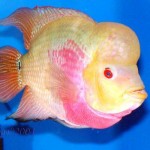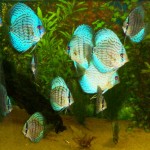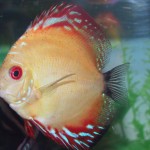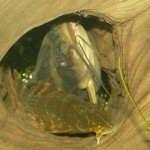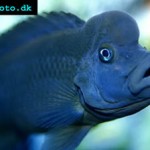
Koi fishponds are great hobbies, but it takes more than a pretty look to make it rewarding. You will need the right equipment to keep the pond attractive and to keep the fish healthy. One of the things you will need is the right filter. The variety of Koi pond filters can be confusing to the novice. It is important to consult with the experts before you make the investment.
The correct Koi pond filters will maintain the proper balance in the pond. Without the natural currents of the water in nature, something must be done to maintain the proper balance in the environment of the Koi fish. The proper Koi filters can perform this function.
Water flow and gravity are mechanical functions of the Koi pond filters. The larger particles are easily removed by the owner. The filter must be kept clean to function properly. The biological filtration of the Koi filters converts the toxic ammonia and pH by the use of bacteria. They are transformed into smaller particles of nitrates. A low pH is tolerable in a Koi pond. A High pH will cause illness or death of the fish.
Biological filters will ensure that the water remains clear, clean and free of high levels of ammonia and nitrite. Ammonia and nitrite result from rotting fish food, metabolic fish waste and falling leaves. It is always best to place your pond far enough from trees to limit the amount of foliage that falls into the water. A screen over the pond will help if there is no way to avoid falling leaves.
Along with Koi filters, adequate pumps must be in place. As a rule, filters are not strong enough to circulate the water adequately. The pump will circulate all of the water in the pond.
Additional water features will add beauty and functionality to your Koi pond. A waterfall or fountain is a plus in aesthetic value and oxygenation as well. Keeping the water aerated will be done by the agitation of the water by the fountain or the waterfall. Pond features add to your pond and provide a better environment for your fish.
If, after installing your Koi pond pump and filter, you still have excessive algae and/or badly colored water, you may want to put a UV light to use. It will kill the algae and the dead algae will be trapped by the pump and filter. Planting mint along the sides of the pond will also help keep the pond clean as the roots spread into the pond.
Keep track of the chemical balance in your pond. There are a couple of options that can be used to keep the balance as it should be. There are home testing kits that can be purchased and used. Pet stores can check the water for proper balance if you do not have a home kit. This should be done weekly. The balance of the pond must be maintained to ensure a healthy environment for the fish and assure they will have a long life.
Upkeep is vital. The right Koi filters will make that job a lot easier.
Hobbyists do not require the same equipment that professional Koi farmers need. Pressurized bead Koi pond filters are one of the biofiltration tools used by professionals. They will handle larger volumes of water containing waste, both solid and liquid and are still easy to maintain and providing superior performance.
Gravity discharge Koi pond filters are another choice. They are combination filters that provide both a biological filter and a UV filter that sterilizes the water. Always purchase the best you can afford. You cannot cut corners on price and expect good results.
Pressurized bio-filters are great for the majority of water gardens. They usually incorporate a UV light. The pressurized operation will assist the water to pump to the top of the waterfall or fountain. One big advantage to the pressurized bio Koi pond filters is the ability to place them farther from the pond. This can make maintenance easier for the owner. A flick of a switch or turning of a handle can clean the filter.
Whatever choice is made, the most important point is proper maintenance. The Koi pond filters must be kept clean and the water in the pond needs to be clear. You will not have healthy Koi in a dirty pond.








